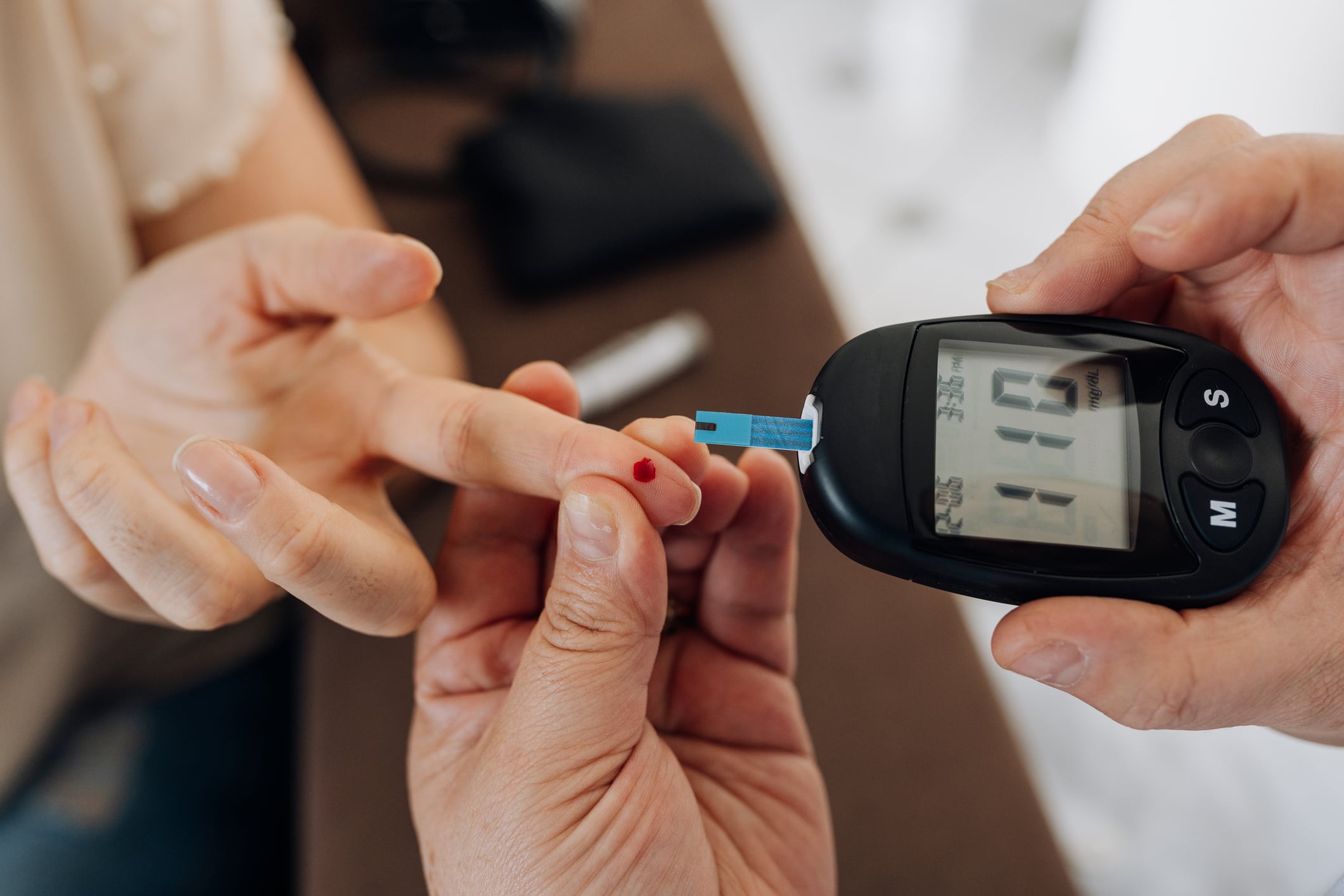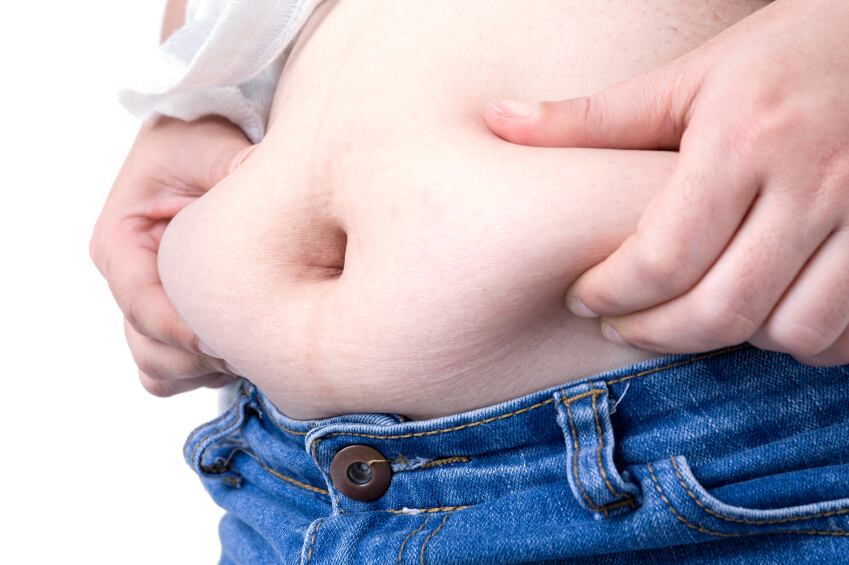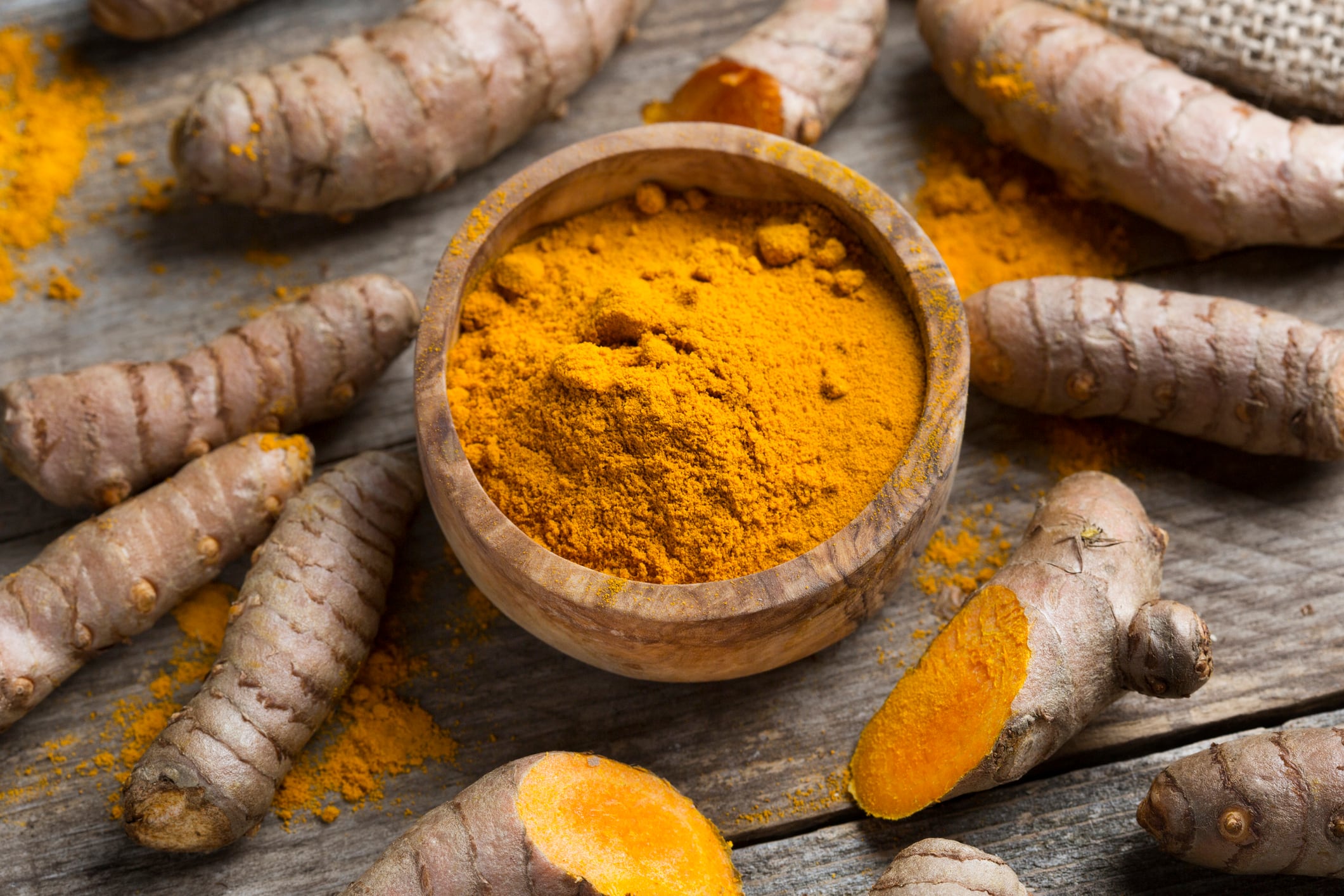Researchers also found improved insulin sensitivity and pancreatic function in the intervention phase, compared to the placebo phase.
Type 2 diabetes mellitus (T2DM) is characterised by insulin resistance, high blood sugar, inflammation, and immune imbalance. While current drug treatments are effective, they often cause gastrointestinal issues, hypoglycemia, and metabolic side effects.
There has been growing interest in alternative interventions, particularly those targeting the gut microbiome, which regulates metabolism, immunity and glucose.
To this end, researchers wanted to study the therapeutic efficacy of BA-2591, a locally derived bacterial strain, on the metabolic and immune markers in adults with T2DM.
“Given that BA2591 is indigenous to the Thai population and demonstrates strong gastrointestinal resilience, it stands as a candidate of interest for localised therapeutic application,” they wrote in Nutrients.
Research approach
A total of 42 participants aged 35 to 65 years with T2DM and on metformin monotherapy were involved in the study.
They were randomised into two groups taking either the probiotic for six weeks followed by a four-week washout period and a six-week placebo phase, or vice versa.
The probiotic used in this study was Bifidobacterium animalis subsp. lactis TISTR 2591 (BA-2591), provided by the Innovation Center for Production of Industrial Microbial Strains.
Blood biochemistry and body composition data were collected to study glycaemic control, lipid profile, liver and kidney function, immune and inflammatory markers, and antioxidant capacity.
The primary outcomes of the study were changes in fasting blood glucose levels, fasting insulin levels, insulin resistance (HOMA-IR) and pancreatic function (HOMA-β).
Secondary outcomes were changes in immune function, inflammation, oxidative stress and antioxidant markers.
Glycaemic control
Researchers found that fasting blood glucose increased in both groups, however, the increment was significantly lesser in the probiotic phase (+1.14 mg/dL) than in the placebo phase (+12.57 mg/dL).
“Possible mechanisms for this effect include an improved gut barrier function and the modulation of incretin hormones like GLP-1,” they postulate.
Both HOMA-IR and HOMA-β levels increased in the probiotic phase, compared to the placebo phase, suggesting improved insulin sensitivity. The pancreas is involved in insulin production, and its function is closely linked to diabetes.
“This finding (HOMA-IR) is supported by the data showing that probiotics reduce endotoxemia, a driver of insulin resistance, by tightening intestinal junctions and modulating TLR-4 signaling.
“The improvement in HOMA-β suggests enhanced pancreatic β-cell responsiveness, which may be mediated by microbial anti-inflammatory effects and nutrient-sensing receptors,” according to the researchers.
Immune, inflammation, lipid levels
Supplementation of BA-2591 was also found to significantly increase the immune function markers of immunoglobulin G and immunoglobulin M, in addition to reducing LDL cholesterol and cathepsin D activity, compared to the placebo.
These findings suggest that the BA-2591 probiotic could strengthen immunity, lower lipid levels which is particularly prominent in the Bifidobacterium species, as well as reduce protein degradation.
“The noted reduction in cathepsin D may also be indicative of lowered oxidative or lysosomal stress (which are emerging biomarkers of metabolic dysfunction),” researchers said.
There were no significant changes in inflammatory and oxidative stress markers, as well as body composition.
However, researchers observed a significant decrease in basal metabolic rate (BMR) in the probiotic phase, compared to the placebo phase. These observations may indicate microbial effects on energy expenditure although further studies are warranted.
Probiotic potential
This study showed improvements in fasting blood glucose, insulin sensitivity, as well as some immune and metabolic markers in the BA-2591 phase compared to the placebo phase.
Participants did not report adverse gastrointestinal side effects, which supports BA-2591 as a potential safe adjunct to standard care in managing T2DM, although larger and longer-duration trials are still needed to study its effects on longer-term outcomes.
Source: Nutrients, 17(19), 3097. doi: 10.3390/nu17193097. “Bifidobacterium animalis subsp. lactis TISTR 2591 Improves Glycemic Control and Immune Response in Adults with Type 2 Diabetes Mellitus: A Randomized, Double-Blind, Placebo-Controlled Crossover Clinical Trial.” Authors: Khiaolaongam, W, et al.




